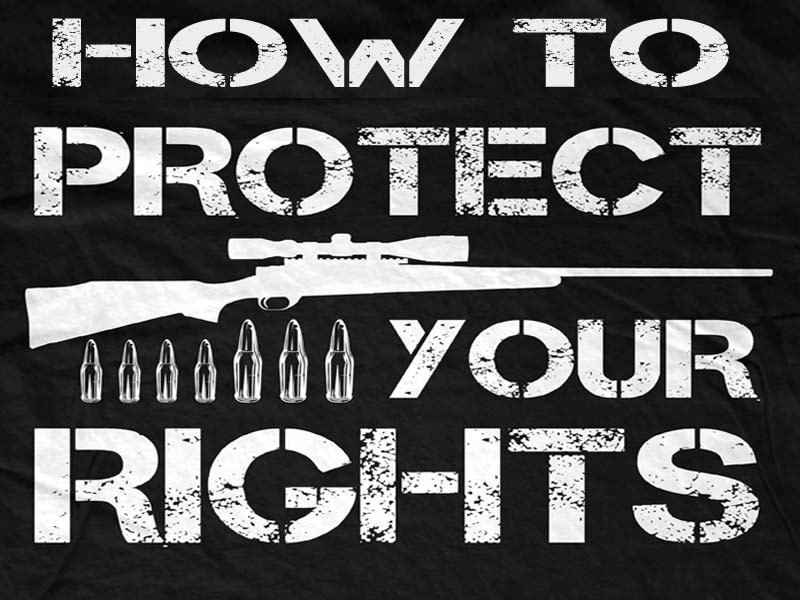If you think your legal rights are being infringed and you want to make it clear to your opponent that you are in the right, you can ask a court to pronounce on the point of law involved.
Such a declaration, as it is called, will earn you no compensation, and you might even be heavily out of pocket if the judge decides that the other side should not pay your costs, although that rarely happens.
When you want to stop someone taking a course of action that you believe to be unlawful, you can ask a court for an injunction ordering him to stop until the case can be heard fully.
If you want to challenge the actions of official bodies or public authorities, you can apply to the divisional court for what is known as judicial review.
That court, which is part of the High Court, can order anyone or any organisation to carry out a public duty; quash a decision of an administrative tribunal or court that the divisional court believes has acted improperly; or prohibit a tribunal or court from hearing a case outside its jurisdiction.
If you land or house has been occupied by squatters or if you are unable to persuade a tenant to give you back your property, you can apply to a court for an order to recover possession.
When you are in dispute with someone over a contract-for example, if someone agrees to sell you his house, and then refuses to do so-you can ask a court for an order of specific performance, forcing him to keep his part of the bargain.
The courts, however, generally are unwilling to make such an order if they think that it would be enough for you to seek and obtain damages.
An order of specific performance cannot be obtained for a personal contract- for example, a contract of employment. That means that if you agree to work for someone for a fixed period and fail to do so, you cannot be compelled by a court to live up to your side of the contract. You might, however, be ordered to pay damages to the employer.
If you suffer harm as the result of someone else’s action or failure to act, you can ask a court to award damages- financial compensation- against him. But you must be able to show that the committed a wrong, that you suffered injury, loss or damages as a result and that he harm was foreseeable by the defendant.
But before suing, consider whether your opponent is capable of paying the amount you are seeking. If he is a private individual or a small trader he may not be-and you then have nothing to gain.

